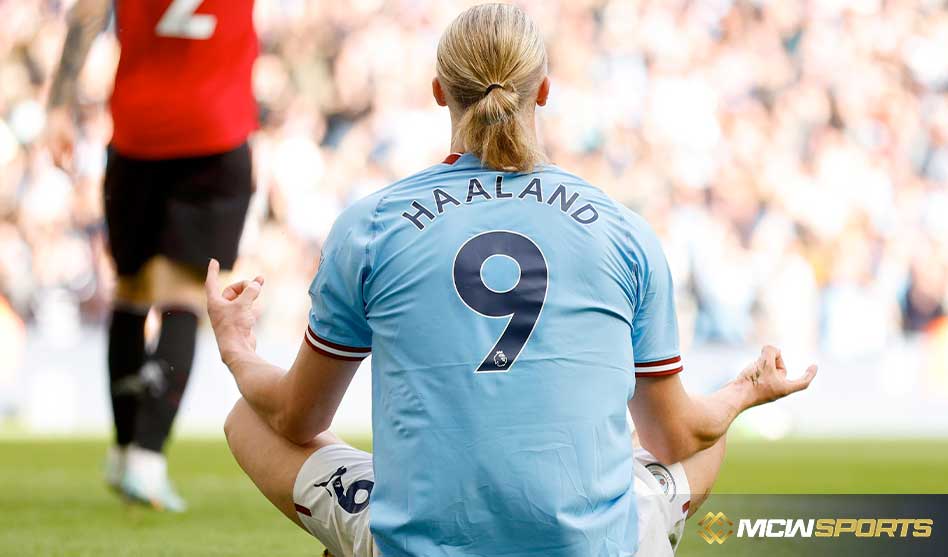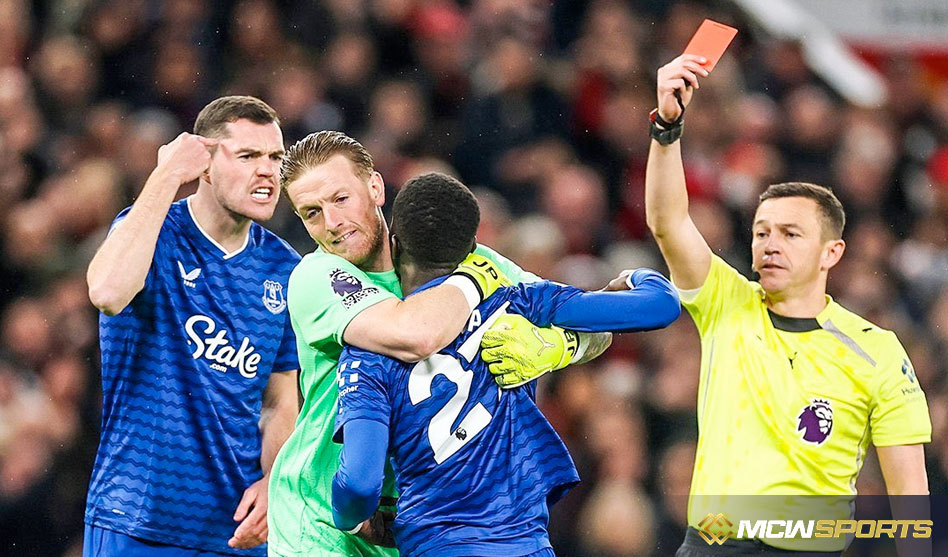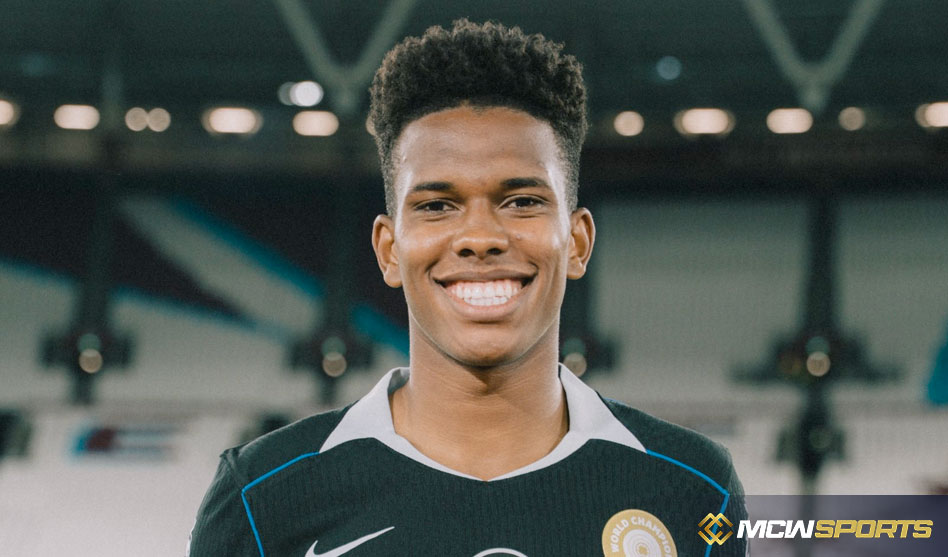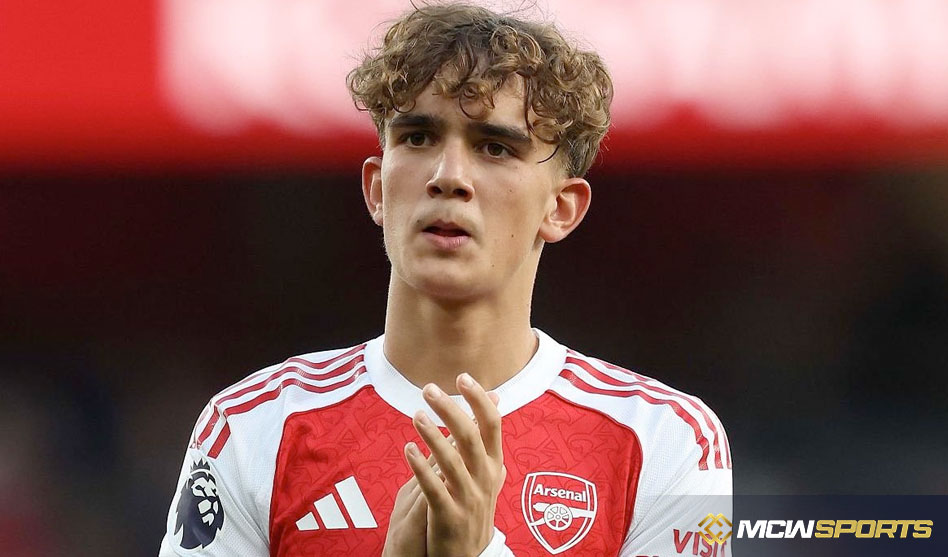As April passed, more and more club personnel became aware that Erling Haaland would soon be moving to Manchester City.
A proposal to have Erling’s father, former City midfielder Alfie, watch their home Premier League game against title rivals Liverpool on April 10 was abandoned in order to avoid raising any red flags. Just over two weeks later, former City captain Vincent Kompany was publicly discussing the deal at a Premier League Hall of Fame event.
City’s issue was that no one was supposed to be aware of it.
City manager Pep Guardiola said he could not comment due to legal issues two hours before the sale was officially announced to the German Stock Exchange by Haaland’s current club Borussia Dortmund. The transfer “remains subject to the club finalizing agreements with the player,” City tweeted that afternoon, confirming the news.
Just a few weeks after City’s attempt to sign Tottenham and England striker Harry Kane had failed, there was speculation that they would prevail in the hunt for Haaland last September.
However, by Christmas, there was a genuine worry among the players that Real Madrid had the upper hand. Nevertheless, City was committed to doing everything they could to persuade the Norwegian international to reconsider his mind.
The City’s senior brass were presented with a plan at an early-year board meeting that called for a sum in the neighborhood of £190 million, but not more. They were informed “a player” when they inquired as to its purpose. For the City, maintaining secrecy is crucial to every trade.
Everything had been meticulously calculated, including the release clause, agency commissions, salaries, and bonuses. Although it took many months for the funds to be put to use—the paperwork was only just signed, and Dortmund’s release clause does not require immediate payment—City has known exactly how much they may spend for a while.
The price is much lower than anticipated. The clause that was added to Haaland’s Dortmund contract when he transferred there from Austria’s Red Bull Salzburg in January 2020 would be worth €75 million (£64 million), but that was not the whole story.
Interested parties should call that number, which Mino Raiola, Haaland’s agent, had provided before passing away at the end of the previous month. The City themselves only lately uncovered the actual sum—€60 million, or £51 million.
City would never pay more than what was stipulated in a legal contract, but commissions were more difficult to control. An additional €40 million (£34 million) will be given to Raiola’s company, which is now being headed by Haaland’s father and the attorney Rafaela Pimenta, who recently concluded agreements.
City, though, could not have outgunned Real Madrid just based on money. Haaland is believed to be choosing Manchester over Madrid in part because of assurances that Guardiola will remain in place for at least another couple of years. However, a City spokesperson believes that discussions on the manager’s future will not start until the next campaign.
On City’s transfer business, Begiristain and Omar Berrada, the chief football operations officer, collaborate as a duo. On this occasion, they were inseparable, going off the radar for days at a time to hold discussions with the Haaland camp.
Since arriving in Germany, Haaland has played a lot of football, as both Dortmund and Norway largely rely on him. He has missed 16 club games so far this season, and it was explained to him that he might continue missing games in La Liga because, as a “galactico” signing, he would have to participate in as many games for Madrid as possible.
The discussions were contentious, and even after City had submitted a proposal that met the minimum, Villa continued to push for a transfer to Real Madrid or Manchester United. In order to avoid upsetting Villa’s decision-makers and jeopardizing the transaction, city officials and the communications team were unable to provide any leaks.
In this instance, Dortmund just instructed Raiola, Pimenta, and Alfie Haaland to alert potential suitors of the release clause. The plan was for those clubs to communicate directly with Dortmund once a few possible buyers had been identified.
He used the English midfielder Jude Bellingham of Dortmund as an example, who would likely be much more difficult for City to sign in the future given the lack of a release clause and the intense animosity.
With Haaland, however, City was fully aware of their obligations in terms of what they needed to pay, say, and do.

 English
English










